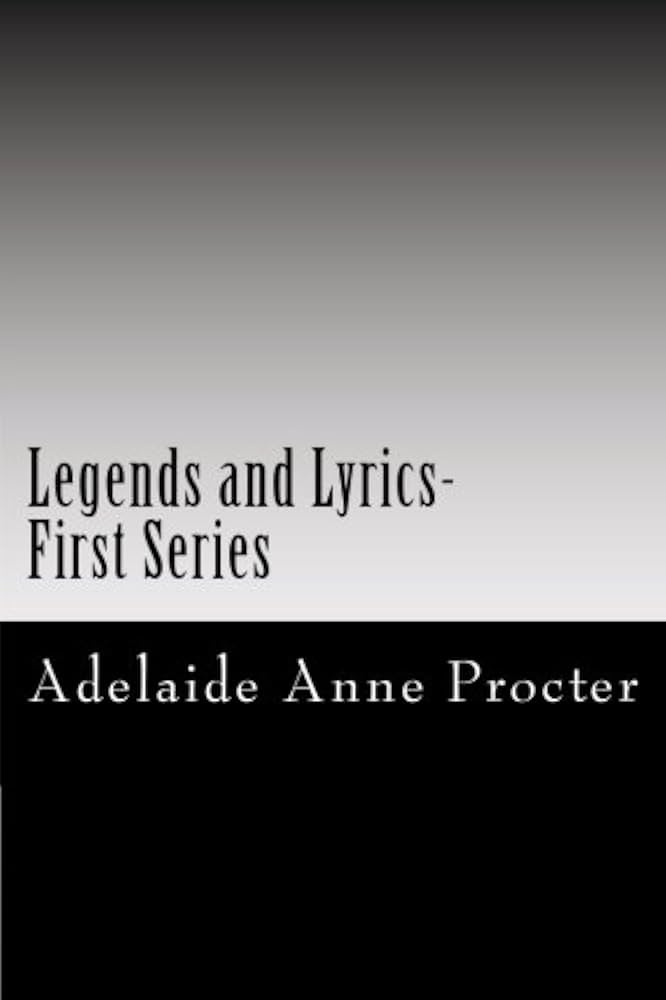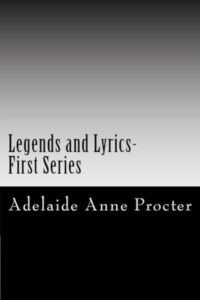VERSE: REST AT EVENING
byRest at Evening unfolds gently, inviting the reader to consider not just the end of life, but the calm that follows a day well spent. It does not fear the end but greets it like twilight welcomes night—softly, with acceptance. As life’s momentum slows, the noise that once filled every hour fades into stillness. Familiar duties, long carried with conviction, fall away one by one until only silence remains. That silence does not feel empty but full—brimming with quiet meaning and a release from strain. Things that once consumed thought and emotion begin to shrink in importance. And as the sun lowers, the soul seems to rise, preparing for a different kind of journey—one without weight, without time, and without demand.
Looking back from this peaceful vantage, youth seems almost like a different life. The early mornings full of purpose, the effort to prove one’s worth, and the intense need to be understood now appear faint. The trials were real, but so were the illusions they carried—of permanence, of control, of needing to matter beyond the moment. Even the tears shed at departures, which once felt like forever, now feel gentle and far away. Those goodbyes taught something valuable, but they did not last. Nothing in life ever did. Every joy, every grief, came and went like seasons, and even the most powerful attachments slowly softened with time. What once held the heart tightly now drifts like petals on a river, beautiful but no longer burdensome.
The poem’s message does not dwell in sorrow, but in realization. As the day ends, so too does the burden of remembering every regret, every hurt. They are not erased, but put into perspective. Nightfall brings stars, and each one seems to shine not because of perfection, but because of struggle. The light they offer isn’t blinding—it’s gentle, steady, earned. That “dim vague memory of faint sorrow” lingers not to haunt, but to remind. It’s a quiet echo of all that was endured to reach this stillness. Without it, the peace wouldn’t feel as deserved. Just as a field looks richest at dusk, so does a life, after everything has been felt and faced.
In many ways, this closing moment invites the reader to reconsider how they measure a good life. It’s not by what was conquered, owned, or admired, but by how fully one moved through the ordinary—the pain, the beauty, the failures, and the quiet wins. Life does not owe clarity until its final moments, and even then, it speaks softly. The ending is not punishment or reward but rest. A true rest, earned not by idleness but by carrying through the entire day, from first light to final star. That “divine to-morrow” is not another day on Earth, but a new kind of being—one where effort is replaced by ease, and desire gives way to contentment. No struggle survives the night; only the essence remains.
For readers today, the poem offers more than a poetic farewell—it gives reassurance. In a world often obsessed with busyness and success, it reminds us that the end does not care for titles, fame, or failures. It sees only whether one moved through the world with heart, even when unsure, and whether the soul remained open. Rest at evening doesn’t mean giving up; it means completing the journey with grace. And even if that journey was messy, uncertain, or full of broken moments, the evening brings unity to it all. Like shadows lengthening across a field, it smooths the hard lines and sharp corners of memory.
The final blessing isn’t spoken loudly—it is felt. A life doesn’t need to be extraordinary to be meaningful. It needs only to be lived with presence. When the final light fades, what remains isn’t the list of achievements, but the soft imprint of how you loved, how you endured, and how you learned to let go. That is what makes the rest at evening not an end, but a homecoming. A closing of one book before the next begins—not in fear, but in quiet welcome.


